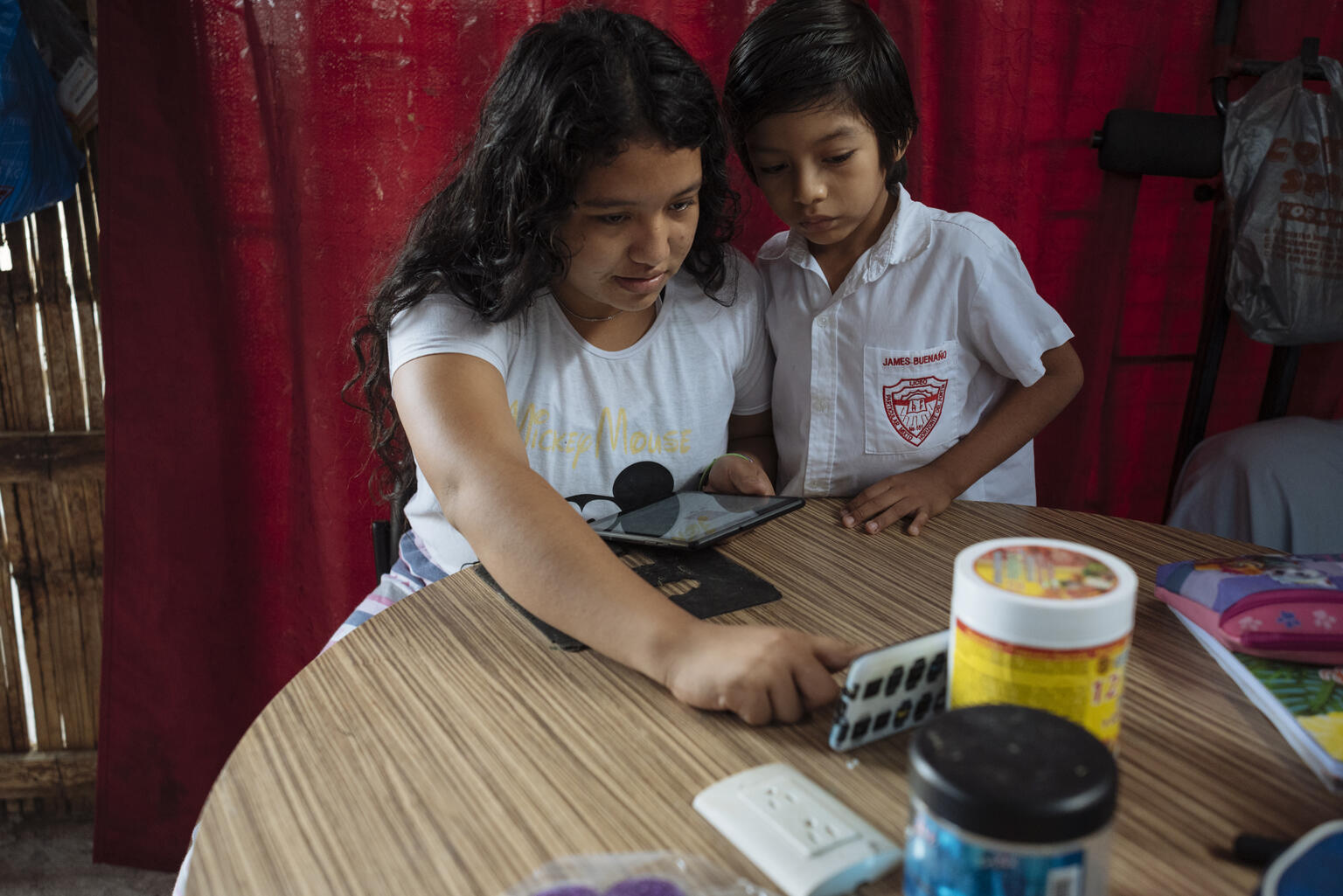
End Violence Partner WeProtect Global Alliance is now mapping global child and survivor participation in initiatives to address online child sexual exploitation and abuse (CSEA) and other related forms of online violence.
This mapping, which includes projects from around the world, aims to understand where and how children’s views and experiences were involved in participatory initiatives related to tackling online-facilitated child sexual abuse and closely related issues of online safety. WeProtect Global Alliance spoke to its network of members - governments, CSOs and tech companies.
Children’s voices are key to framing discussion and action and End Violence’s Safe Online initiative is supporting projects around the world that are working for and with children and survivors to make sure their voices are central towards building a safer internet.
The initiative has so far invested 71 million in 89 projects across 75 countries in the world.
Safe Online has supported a number of important projects featured in the mapping:
- As part of the large-scale research project Disrupting Harm, around 13,000 children were interviewed to gather their experiences and perspectives of online harm and other forms of violence across 13 countries in two regions – Eastern and Southern Africa and Southeast Asia. Insights were gathered directly from children through a household survey, about a range of different experiences that can constitute online CSEA. Findings are included in each National Report and a cross-country analysis is available on Data Insight 1: Children's experiences of online CSEA.
- Disrupting Harm has published a new report ‘Conversations with Young Survivors’, which documents the conversations held with female and male young people who had been subjected to online CSEA in four countries - Kenya, South Africa, Namibia, Malaysia and Cambodia.
- In Peru, more than 100 children and adolescents became digital activists as part of the program implemented by Save the Children. Actively promoting awareness through communication campaigns, they reached over 4,800 children and young people and dialogue spaces with authorities. As a result, 23 authorities of Leoncio Prado province signed a commitment to prioritise online CSEA.
- Children in Ukraine produced a video on online grooming that was presented at the European Day on Protection on Children from Sexual Exploitation and Sexual Abuse.
- In Vietnam, five children from Da Nang City participated in the first ASEAN workshop on bullying in schools and online in November 2020. The children advocated with government leaders on addressing online violence and their recommendations included psychological support for bullying, life skills training on online safety in school programs, more child-friendly communication activities to get the messages across and development of an online application for children to report and get advice quickly.
- A Jordan online school survey to measure violence against children was launched and included questions related to online exploitation and bullying. The monthly survey is implemented in 70% of public schools in Jordan.
- Children were also involved in training and workshops in Colombia, Madagascar, Palestine, and Vietnam to equip them with tools and knowledge on keeping safe online. Children have participated in surveys and consultations in Brazil, Sri Lanka and Tanzania to contribute to vital data informing policy and programmes for a safer internet.
Explore the mapping here.
Learn more about the work of the Safe Online initiative.
Image: © UNICEF:UN0370455:Arcos